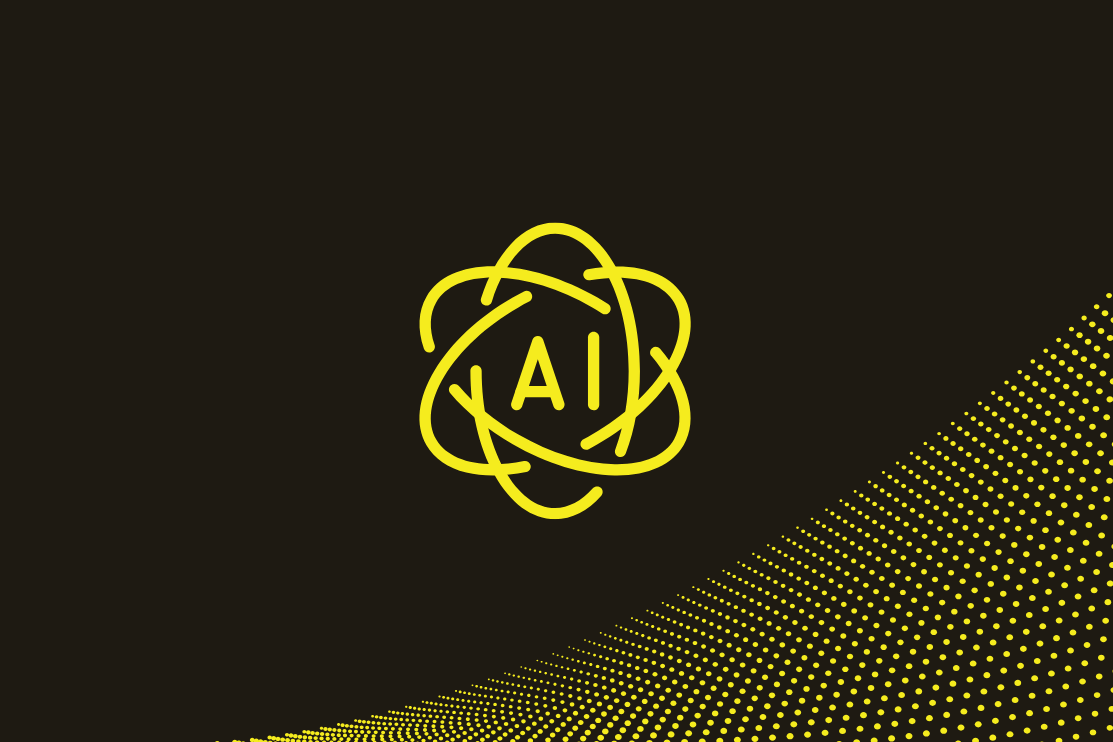10 Tips to Promote Equity in the College Planning Process
10 Tips to Promote Equity in the College Planning Process
10 Tips to Promote Equity in the College Planning Process
10 Tips to Promote Equity in the College Planning Process
10 Tips to Promote Equity in the College Planning Process
10 Tips to Promote Equity in the College Planning Process
Don't miss our breakout sessions!
Book time with our team on-site!
Our team is excited to meet you. Book a time that works best.


The college planning and application process has grown increasingly complicated over the past two decades. College application and college-going rates for the general population have skyrocketed, making securing a seat at a competitive college even more difficult. The number of options of colleges and universities and the programs they offer have increased across the country. And, college applications and interviews have expanded what they ask of students–with multiple well-thought-out essays, short answer responses, professional-grade resumes, and a thoughtfully-cultivated set of extracurriculars and experiences necessary to create a well-rounded application.
Disproportionate Family & Financial Help
Much of what is required to identify the best school fit, assemble an application that will stand out, and patch together resources to finance four years of school is well beyond the resource- and experience-base of high schoolers. Some students are fortunate to have parents or other family members at home who have been through the process themselves and understand the myriad components and nuances of the college planning process. They know which courses to take early in high school, how to compile relevant activities, where to access information on testing or potential schools, and when deadlines for financial aid or early decision fall.
And families who have the financial resources can tap into external expertise to support their students in this process. The market around college planning and applying has also grown exponentially during this time. Writers to help brainstorm and edit essays, advisors to help guide students to make careful choices throughout high school, and tutors who can provide standardized testing preparation are readily available for a cost.
Expanding Access & Opportunities
Unfortunately, many students do not have the luxury of this kind of support or help. There is a sizable opportunity gap in the college exploration, preparation, and application process. School counselors can be a critical bridge in filling this gap to ensure that the process is more inclusive and equitable for their students.
Many students and families do not even know what information they need or what questions to ask. Take time to share information, build in support for students and families, and connect them to important resources. Make sure students and families understand the overall cadence of and expectations for the college planning process, beginning as early as freshman year. Go over information regularly with students and families, and offer best practices and lessons learned throughout the process.
Share Critical Information
- Ensure that Information is Accessible to All: In order for communication to be effective, it must be clear, concise, and easy to consume. Translate all information into a family’s home language. Avoid using acronyms or technical language when communicating with students and families.
- Communicate Deadlines: Remind students and families of deadlines regularly and often, and include specific information about what students or families need to know and do in order to meet the deadline requirements. When deadlines are external, make sure students know there is no ability for the school to adjust or extend. Share a contact number and email address for questions.
- Offer Funding and Scholarship Information: Many students do not even seriously engage in the college planning process because they believe their financial situation is prohibitive and disqualifying. Share with students and families that there are financial aid and scholarship resources available to a wide variety of students–including for academic merit, financial need, or other extracurricular interests.
- Give a Financial Planning Overview: The college application process can be expensive. Help students and families understand the financial expectations they might encounter throughout the year such as fees for testing, applications, transcript requests, and travel expenses. By giving students and families an estimate of what they can expect to contribute, they can budget accordingly or look for assistance when necessary.
Build Support for Students
- Organize College Essay, Resume, and Application Support: Offer structured opportunities for students to connect with educators or other volunteers as they prepare resumes, complete applications, and brainstorm and write college application essays. Encourage junior and senior year English teachers to build writing and reviewing college and scholarship essays into their required work to ensure students have time and support for this process.
- Help Look for the Best Fit: When students do not have people who know them well to confer with during the college search, students’ decision-making can sometimes lose sight of finding a college or university that would fit well with their personality, interests, and future plans. Connect students with mentors who can help them align who they are and what they want to study with a college or university that would allow them to thrive.
- Connect Students and Families with Mentors: Provide opportunities for students and families to meet with other students and families who have been through the college application process. These mentoring relationships provide space for families to ask questions in an informal setting and are a great place for families who have been through the process to share lessons learned.
Resources for Students and Families
- Give Students Time and Tools: Incorporate time during study halls or homeroom periods for students to collect and record their experiences, awards, and activities; explore various colleges and opportunities; or work on college applications and essays. These time periods offer students access to educators for support as well as the technology and internet to complete portions of the process. Utilizing a platform like SchooLinks allows students to access expertly-curated resources, searches based on a variety of criteria, and a cohesive platform to manage their materials and applications.
- Inform Families of Options for Reducing Costs: Research and share funding opportunities that could support college application fees. Many colleges offer application fee waivers during special events or for first-generation college students. Encourage students and families to call the college or university and ask about these kinds of waivers. Or, for additional support with application fees, have them check out the American College Application Campaign.
- Encourage Use of College Resources: Once students are accepted at colleges and know where they will attend, help them to understand what resources will be available to them. Many colleges offer support services such as tutoring, mentoring, or other types of academic support. They often provide access to recreation, student life, activities, or other opportunities that enhance a student’s overall college experience. Knowing about the available resources can help students feel supported as they matriculate.
Related Posts
See All
.jpeg)




